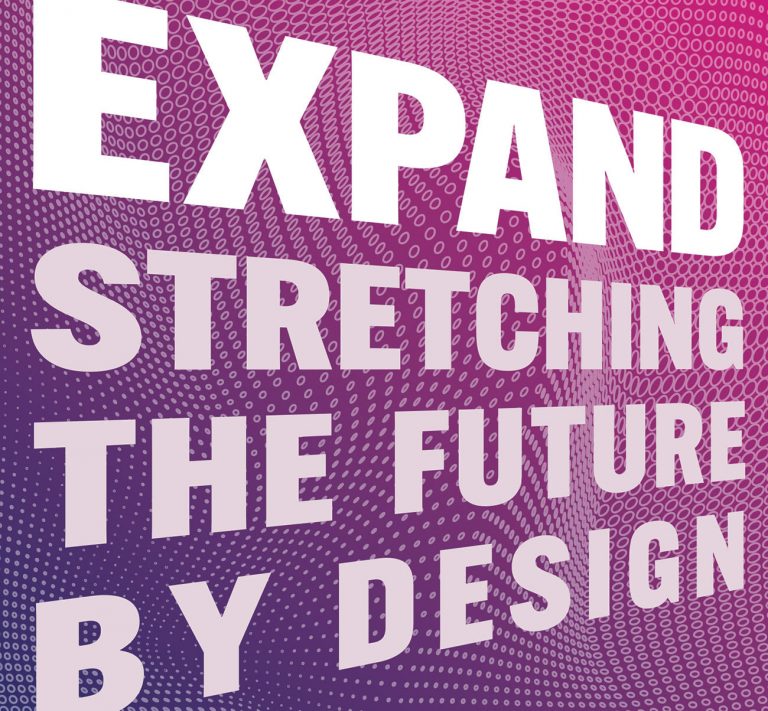
From transforming the ways we do business and reimagining health care, to creating planet-restoring housing and humanizing our digital lives in an age of AI, Expand explores how expansive thinking across six key areas—time, proximity, value, life, dimensions, and sectors—can provide radical, useful solutions to a whole host of current problems around the globe.

How to use systems thinking to drive improved outcomes in complex situations.
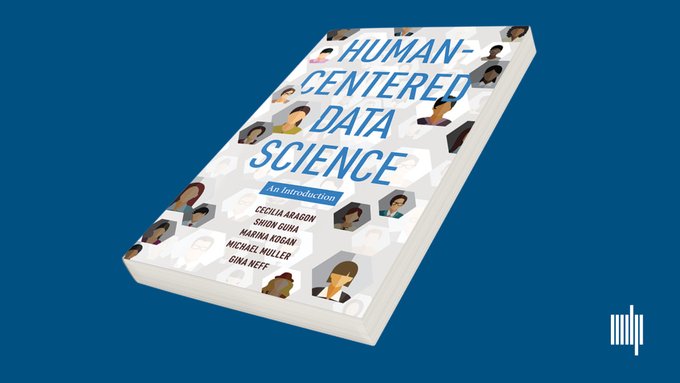
Best practices for addressing the bias and inequality that may result from the automated collection, analysis, and distribution of large datasets.

The definitive introduction to the behavioral insights approach, which applies evidence about human behavior to practical problems.

Many behavioral scientists propose and test interventions that attack policy problems by seeking to change individual behavior (adopting an “i-frame”) rather than the system in which they operate (an “s-frame”). Such i-frame interventions, which typically have small or null effects, reduce support from more effective systemic actions (such as regulation and taxation). For this reason, researchers advocating i-frame solutions may have unwittingly helped promote the interests of corporations who oppose systemic change.

It’s easy to assume that because some data is “personal”, protecting it is a private matter. But privacy is both a personal and a collective affair, because data is rarely used on an individual basis, writes Carissa Véliz in the New Statesman.

One of the key success factors of Regulatory Technology ("RegTech") is a commitment to radical user-centricity, according to a new white paper by the World Economic Forum.

People believe that slow and deliberative thinking is inherently superior to fast and intuitive thinking. The truth is more complicated.

With 'obfuscation' or 'data poisoning,' they are redoubling their efforts to prevent companies from tracking them online, writes Aurélien Defer in Le Monde. But these time-consuming and sometimes very complex methods of resistance have not become widespread.
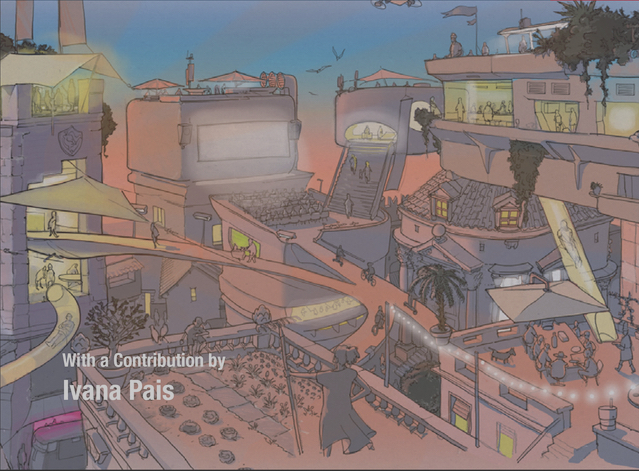
Ezio Manzini's ideas for the city that cares.
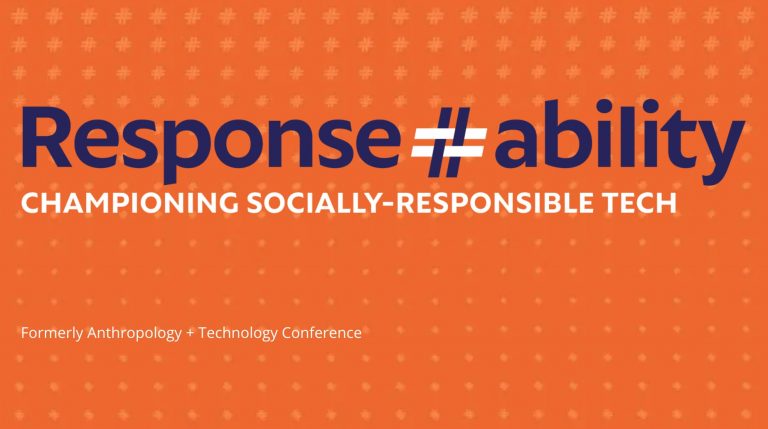
The Response-ability Summit, formerly known as the Anthropology + Technology Conference, is a unique two-day event that brings social scientists and technologists together to foster interdisciplinary conversations on the important topic of socially-responsible tech.

The latest IPCC report on the Mitigation of Climate Change has a lot of meat in it for those engaged in human-centered design, behavioral change strategies, and behavioral sciences.
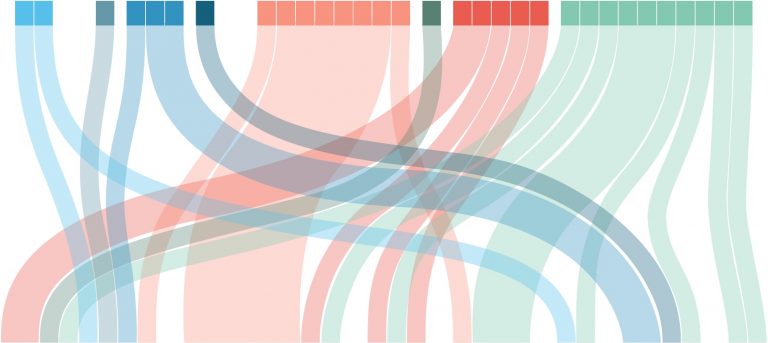
Experientia is looking for a Senior Business Development Manager with specific experience in either healthcare, energy, consumer goods, and/or the mobility industry, to drive business development in Italy.

Experientia is looking for an outstanding Senior Service Designer with specific experience in either healthcare, energy, circular economy and/or the mobility industry.

In Human-Centered AI, Professor Ben Shneiderman offers an optimistic realist's guide to how artificial intelligence can be used to augment and enhance humans' lives.
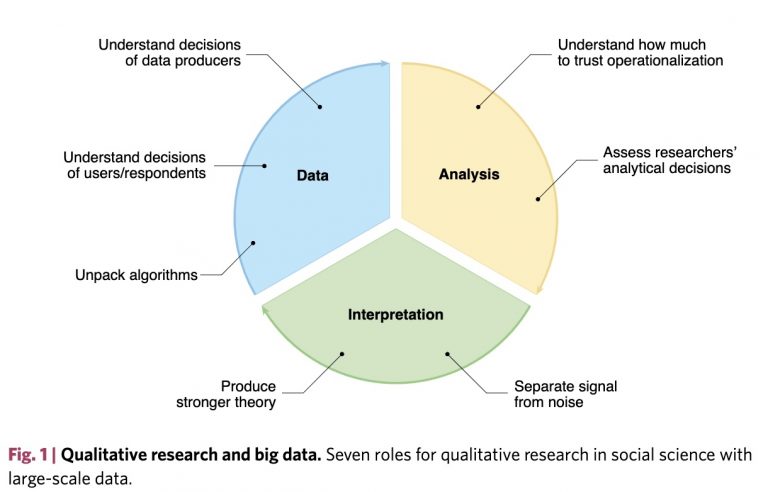
Although large-scale data are increasingly used to study human behaviour, researchers now recognize their limits for producing sound social science. Qualitative research can prevent some of these problems. Such methods can help to understand data quality, inform design and analysis decisions and guide interpretation of results.

Haptics devices probably won’t ever live up to their promise to replicate physical contact, writes David Parisi (associate professor, College of Charleston) in the online Real Life magazine.

A vivid look at China’s shifting place in the global political economy of technology production by ethnographer Silvia M. Lindtner
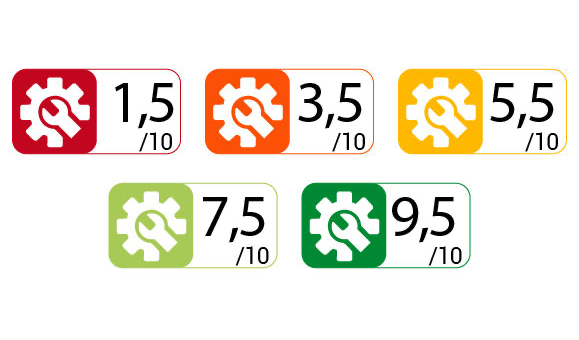
Analysis of the outcomes of the French repairability index, how it affects repairers and how consumers feel about it.

Behavioural changes which affect the way people use energy are an important part of the toolkit for reaching net zero emissions by 2050.



















